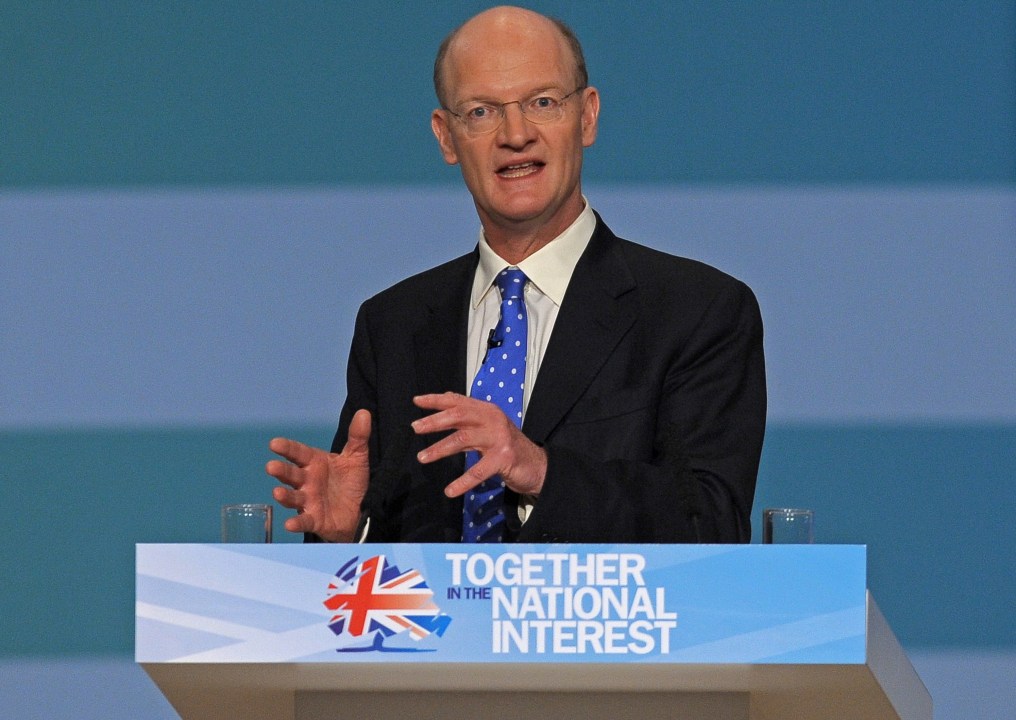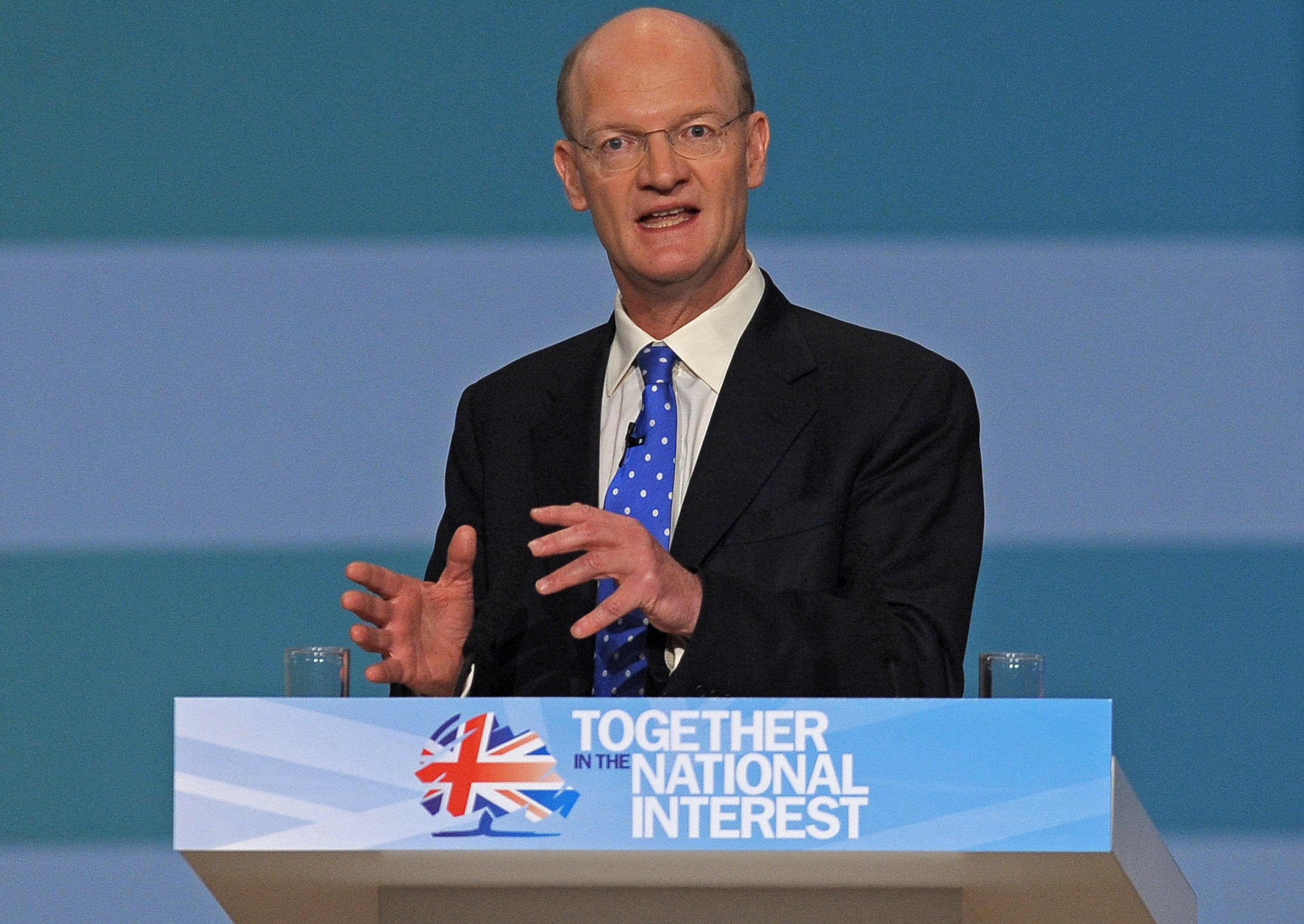 Away from the mid-terms, we have the little issue of tuition fees. David Willetts will
today set out the government’s response to the Browne Review, and it’s expected to look something like this: a £9,000 cap on fees,
but universities will have to show that they are making extra provisions for poorer students if they charge over £6,000. Students would effectively be loaned the money by the state, and would
start paying it back once they earn £21,000 after graduation.
Away from the mid-terms, we have the little issue of tuition fees. David Willetts will
today set out the government’s response to the Browne Review, and it’s expected to look something like this: a £9,000 cap on fees,
but universities will have to show that they are making extra provisions for poorer students if they charge over £6,000. Students would effectively be loaned the money by the state, and would
start paying it back once they earn £21,000 after graduation.
It’s certainly a compromise arrangement, constructed with one eye on the Lib Dems and another on the universities. For Clegg’s backbenchers, there’s a rejection of the unlimited fees advocated by Browne, and an overall emphasis on “fairness” and on helping the less well-off into university. For the universities, the cap has not been set as low as some Lib Dems had mooted, and the web of levies contained in the Browne report appears to have been chopped apart. As James suggested last night, it is testament to the maturity of the coalition that they could reach such a deal at all.
But, as with any compromise, the question remains: will it end up pleasing no-one? Already, the threat of insubordination is rising from the Lib Dem backbenches. And we’ve seen the universities growl and mutter before now. The policy may have been drafted, but the coalition faces a struggle – and one which may not be bloodless – to have it implemented.
It fell to Michael Gove to placate both sides, as well as the listening public, on Today this morning – and his performance was likely a preview of how the government will go about doing the same. His central point was powerful and persuasive: “It is not cost that is preventing people from poor backgrounds [going to university] … The principal problem is our schools. We still have a system which means that deprivation is destiny.” When it comes to education, the real challenge for the government is still in overturning that system.







Comments
Comment section temporarily unavailable for maintenance.